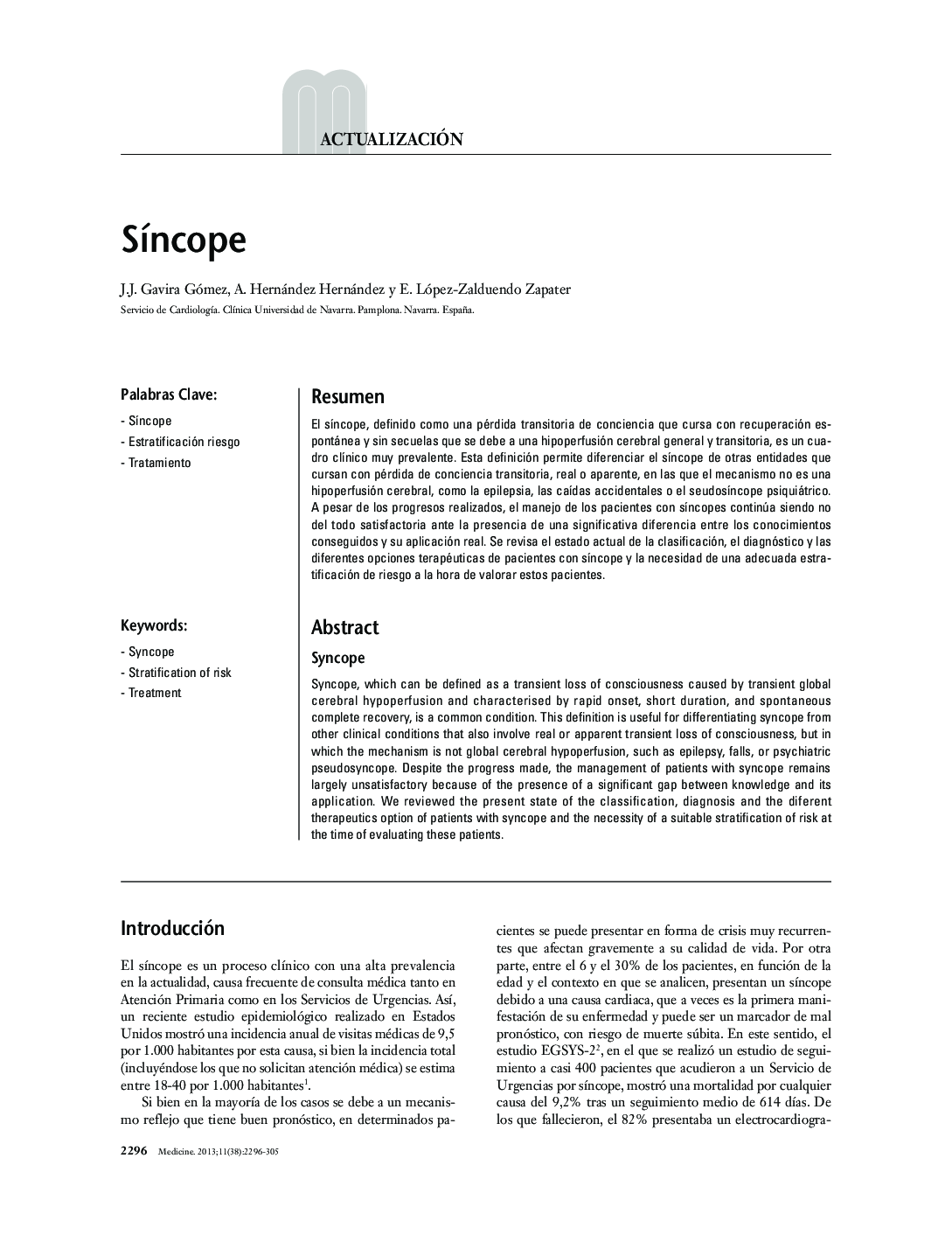| Article ID | Journal | Published Year | Pages | File Type |
|---|---|---|---|---|
| 3808758 | Medicine - Programa de Formación Médica Continuada Acreditado | 2013 | 10 Pages |
Abstract
Syncope, which can be defined as a transient loss of consciousness caused by transient global cerebral hypoperfusion and characterised by rapid onset, short duration, and spontaneous complete recovery, is a common condition. This definition is useful for differentiating syncope from other clinical conditions that also involve real or apparent transient loss of consciousness, but in which the mechanism is not global cerebral hypoperfusion, such as epilepsy, falls, or psychiatric pseudosyncope. Despite the progress made, the management of patients with syncope remains largely unsatisfactory because of the presence of a significant gap between knowledge and its application. We reviewed the present state of the classification, diagnosis and the diferent therapeutics option of patients with syncope and the necessity of a suitable stratification of risk at the time of evaluating these patients.
Keywords
Related Topics
Health Sciences
Medicine and Dentistry
Medicine and Dentistry (General)
Authors
J.J. Gavira Gómez, A. Hernández Hernández, E. López-Zalduendo Zapater,
